Peaceful funerary garden honored Egypt's dead (photos)
Funerary Garden
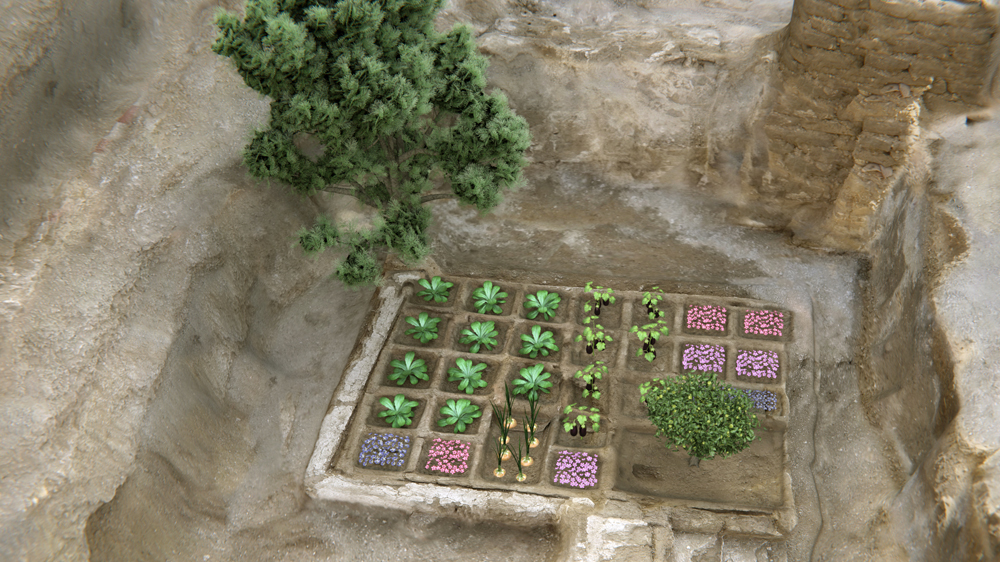
In a funerary garden about 4,000 years ago, ancient Egyptians likely planted trees, shrubs and plants that symbolized rebirth and resurrection. Archaeologists found the garden in what was once ancient Thebes, an area now known as Luxor. [Read the Full Story on the Ancient Funerary Garden]
The archaeologist
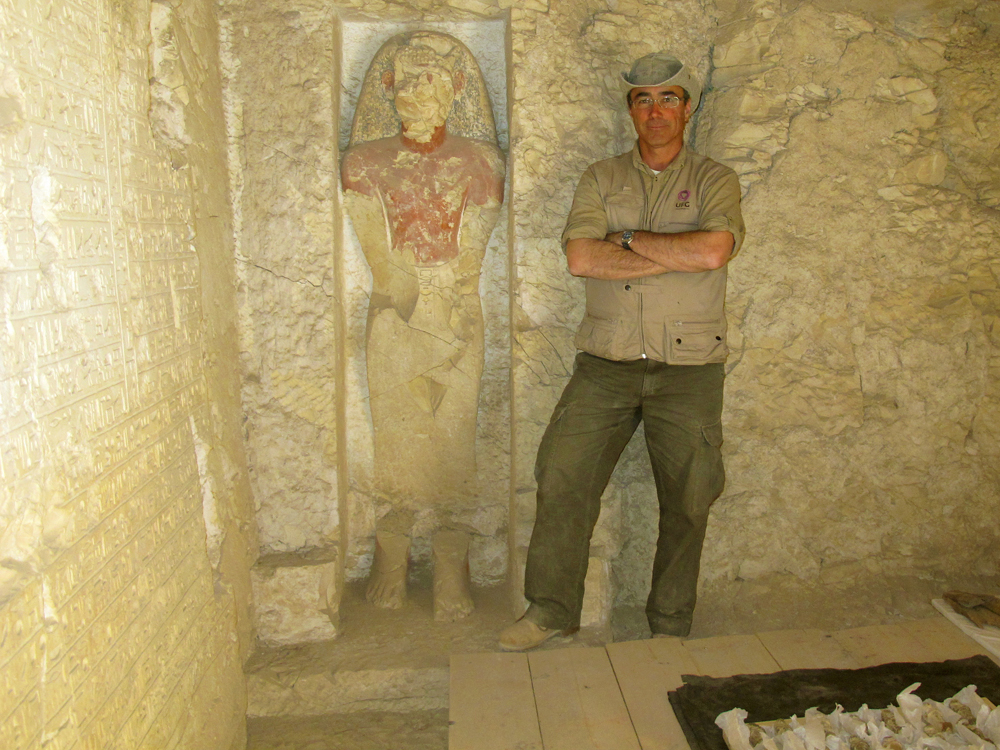
José Manuel Galán, an archaeologist with the Spanish National Research Council (CSIC), led the excavation, which was called the Djehuty Project.
Overhead view
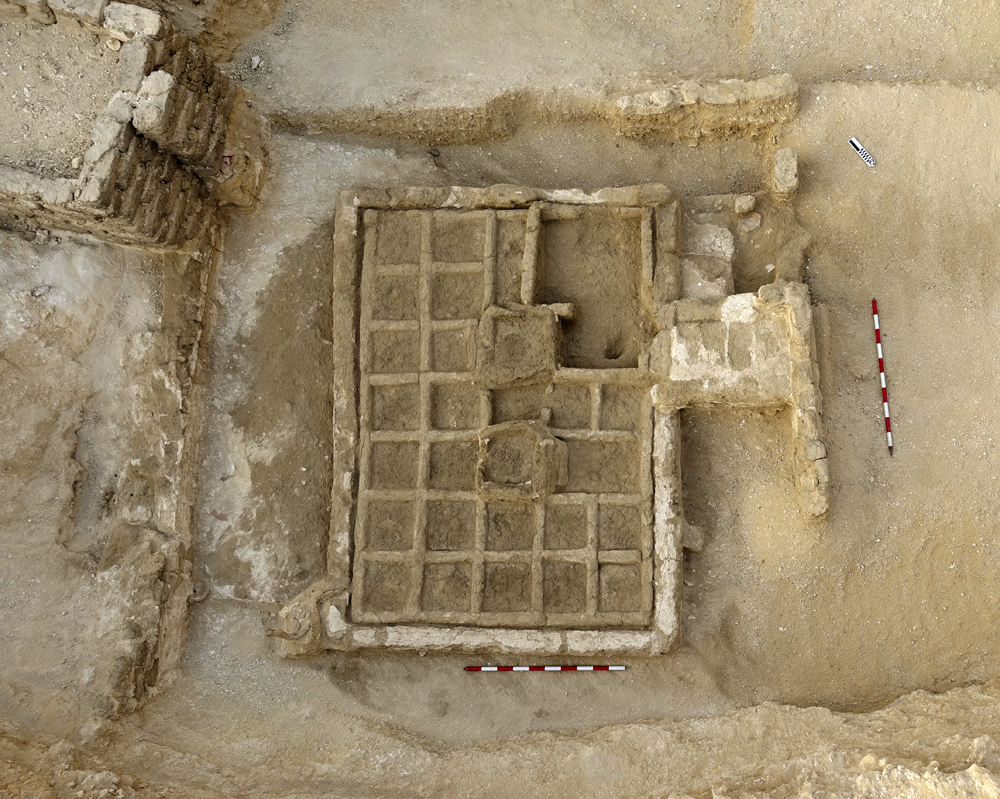
A bird's-eye view of the funerary garden
Rectangular space
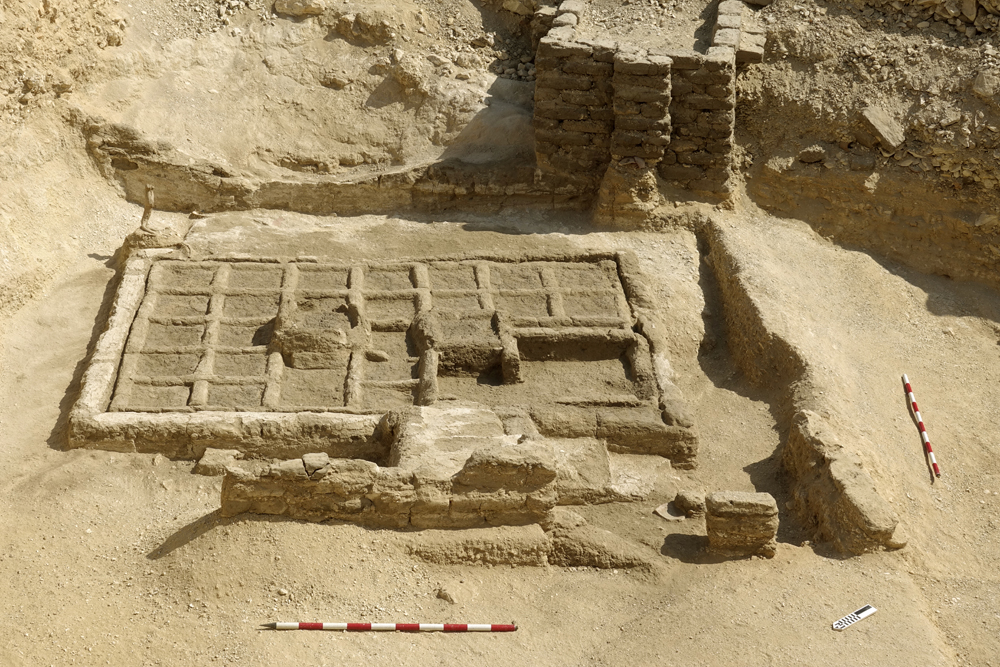
The funerary garden is a rectangle measuring about 10 feet by 6.5 feet (3 by 2 meters) long.
The dates
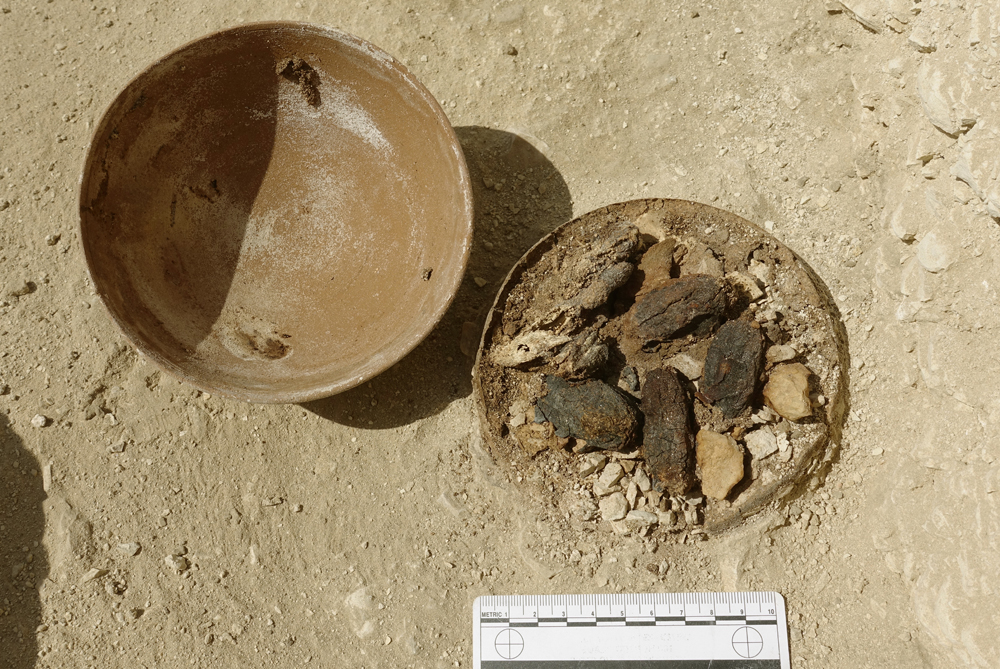
Archaeologists found a bowl filled with dates and other fruit at the site.
Ancient illustration
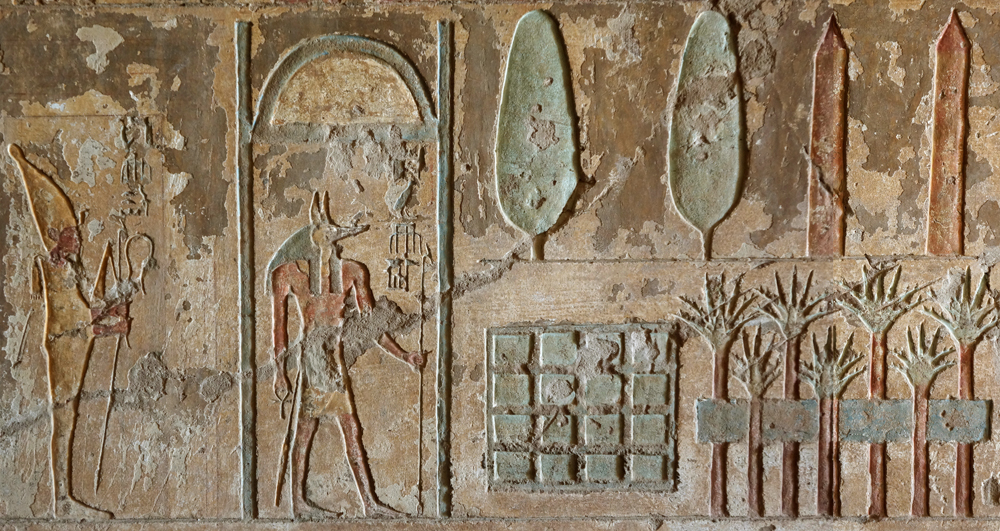
Until archaeologists uncovered this site, they knew about funerary gardens only from illustrations. For instance, notice the funerary garden in the middle of this detail from a tomb.
Little chapel
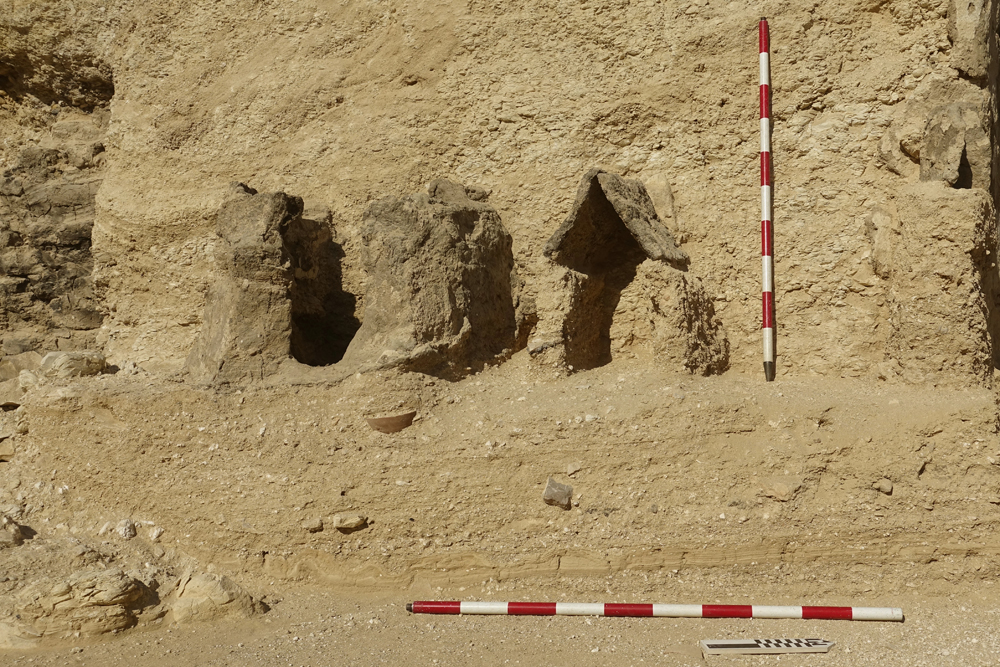
Next to the garden, archeologists found a small chapel that had three stone markers, known as stelae, within it.
Sign up for the Live Science daily newsletter now
Get the world’s most fascinating discoveries delivered straight to your inbox.
Digital interpretation

A digital reconstruction of the ancient garden
Open courtyard
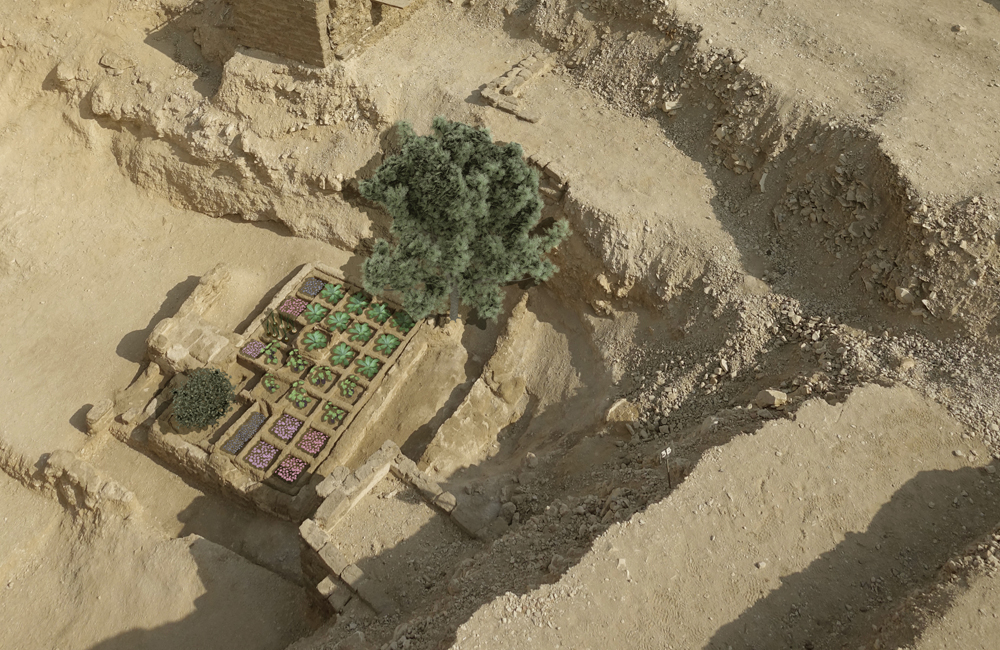
The archaeologists found the funerary garden in an open courtyard at the entrance of a Middle Kingdom rock-cut tomb.
[Read the Full Story on the Ancient Funerary Garden]

Laura is the archaeology and Life's Little Mysteries editor at Live Science. She also reports on general science, including paleontology. Her work has appeared in The New York Times, Scholastic, Popular Science and Spectrum, a site on autism research. She has won multiple awards from the Society of Professional Journalists and the Washington Newspaper Publishers Association for her reporting at a weekly newspaper near Seattle. Laura holds a bachelor's degree in English literature and psychology from Washington University in St. Louis and a master's degree in science writing from NYU.










